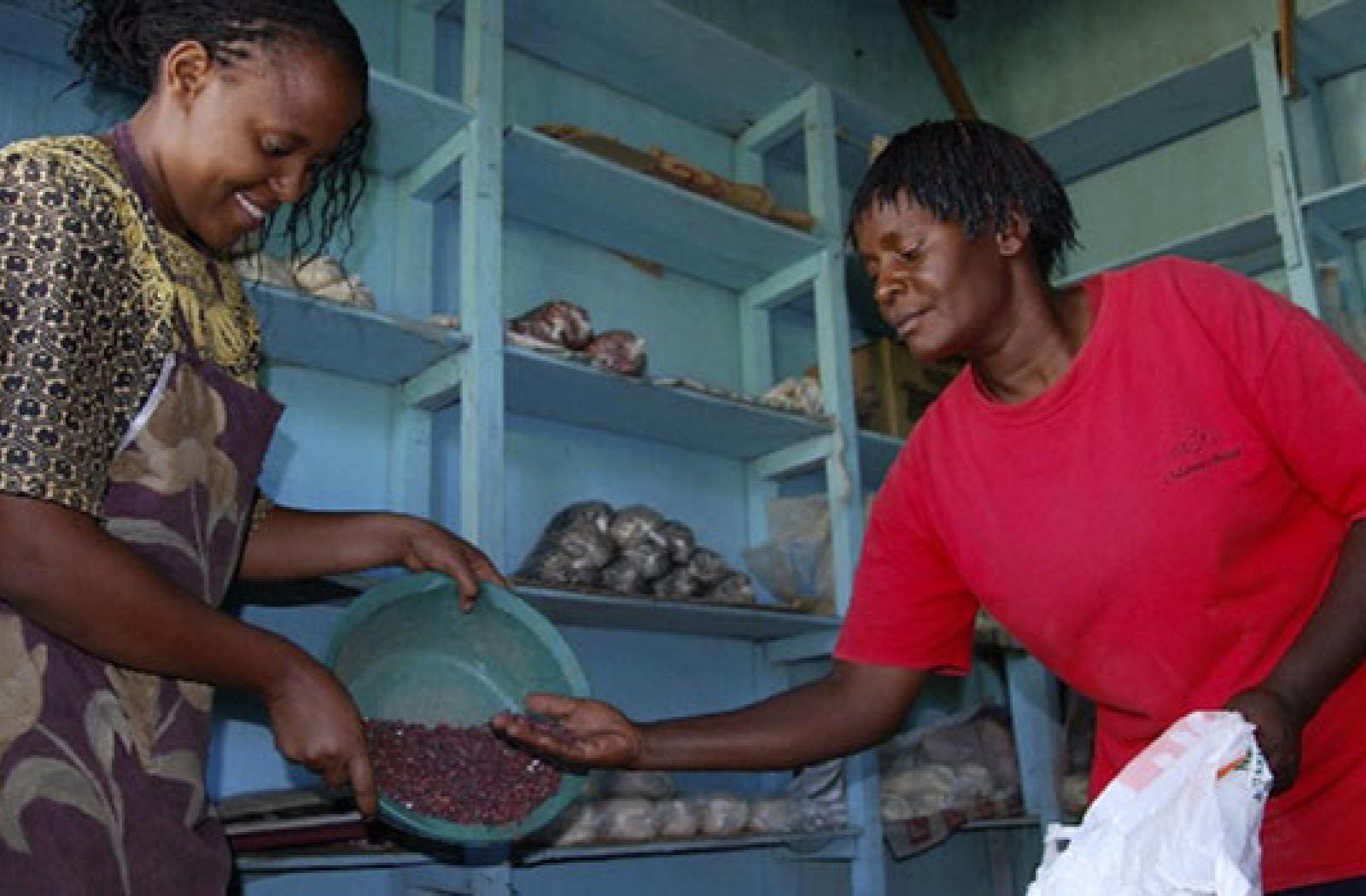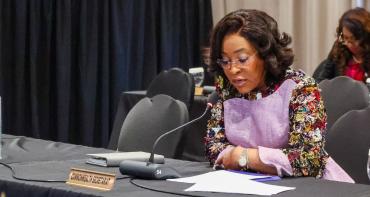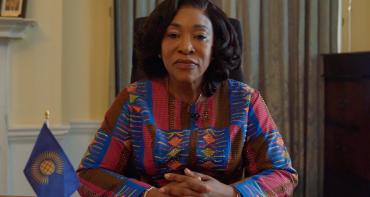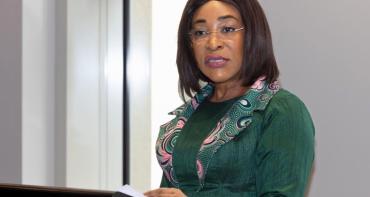Commonwealth officials and women’s rights experts are developing a toolkit designed to help member countries realise UN-agreed gender equality targets by 2030.

Commonwealth officials and women’s rights experts are developing a toolkit designed to help member countries realise UN-agreed gender equality targets by 2030.
Delegates gathered in virtual meetings on the fringes of the UN General Assembly to share challenges and solutions around the nine targets of Sustainable Development Goal 5 (SDG 5) to achieve gender equality and empower the 1.2 billion women and girls living in the Commonwealth.
Reflecting on success stories, they discussed good practices and lessons learned to be featured in the toolkit.
For instance, Rwanda, with the world’s highest proportion of female parliamentarians, can offer lessons on getting more women into leadership positions. Jamaica, with its youth-friendly family planning services, can act as a blueprint for providing accessible and affordable sexual and reproductive health care.
Achieving SDG 5 targets
Once developed, the toolkit will guide member countries of all economic sizes using evidence-based steps towards achieving SDG 5 targets such as ending violence against women and ensuring equal economic rights and opportunities.
Speaking at the meeting, Commonwealth Secretary-General Patricia Scotland said: “Tragically, no one country has fully achieved the SDGs.
“Thankfully each country is making efforts to achieve those goals and by working together we have a realistic chance of success.
“Building on this conviction, our virtual consultations provided a critical space to share knowledge, discuss challenges and set out recommendations to fix the unequal situations that women and girls have been living with for centuries.
“We hope this toolkit acts as a launch pad from which gender equality can take flight and improve the social, economic and political outcomes for millions of women and girls.”
Delegates stressed that improving women’s access to health services without suffering financial hardship was a critical first step towards tackling gender-based violence, reducing infant and maternal deaths and ending poverty.
Importance of introducing technology to more women
Countries underlined the importance of introducing technology to more women, especially in low-income countries where they are
Vodafone Foundation’s Andrew Dunnett said his company is using innovative solutions to improve women’s lives, including a mobile service connecting pregnant women in Tanzania to lifesaving transport and care. The service has helped reduce the regional maternal mortality rate in the country by 27 per cent.
Delegates also recommended making a financial case for addressing gender imbalance by helping countries measure the economic cost of allowing inequalities between women and men to persist.
For instance, according to the McKinsey Global Institute, taking action to ensure women participate in the labour force to the same degree as men could add as much as $28 trillion to the global economy by 2025.
As of 2019, the pan-Commonwealth average for female labour force participation is 56 per cent. Rwanda leads with at least 86 per cent of women participating in the formal labour market.
Member countries also agreed that for gender equality to become a reality, responsibility has to be taken not just by governments, but across public, private sectors and civil society sectors.
Commonwealth Says NO MORE
The toolkit is being developed by the Commonwealth Secretariat in partnership with the NO MORE Foundation and will be launched by the Commonwealth Heads of Government Meeting in 2021.
Last month, both organisations launched the ‘Commonwealth Says NO MORE’ campaign, featuring the first-of-its-kind portal designed to tackle the alarming rise in domestic and sexual violence due to the global lockdown while supporting member countries to put in place long-term prevention strategies.
The campaign, complemented by the toolkit, will not only support the 54 member countries in their efforts to achieve the SDG 5 but potentially save lives and prevent suffering.



